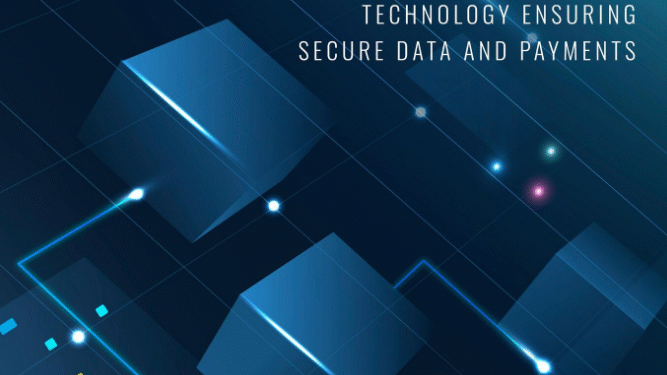Blockchain technology has captured global attention primarily through its association with cryptocurrencies, but its potential applications in cybersecurity extend far beyond digital currencies. The fundamental principles of blockchain—decentralization, immutability, and transparency—offer innovative solutions to longstanding cybersecurity challenges. As organizations seek more robust security frameworks, blockchain technology presents opportunities to enhance data integrity, secure supply chains, and create trustworthy systems that operate without relying on centralized authorities.
The core characteristics of blockchain technology make it inherently valuable for cybersecurity applications. Decentralization eliminates single points of failure that attackers traditionally target, while cryptographic hashing ensures data integrity and authenticity. The immutable nature of blockchain records creates audit trails that cannot be altered retroactively, providing unprecedented transparency and accountability in security-critical applications.
Data integrity represents one of the most promising applications of blockchain in cybersecurity. Traditional data protection methods rely on centralized systems that can be compromised or manipulated by attackers with sufficient access privileges. Blockchain-based data integrity solutions create tamper-evident records that maintain cryptographic proof of data authenticity throughout its lifecycle. This capability is particularly valuable for protecting critical documents, audit logs, and forensic evidence that must maintain integrity for legal or compliance purposes.
Supply chain security has emerged as a critical application area where blockchain technology can provide significant cybersecurity benefits. Modern supply chains involve numerous parties and complex relationships that create opportunities for attackers to introduce malicious components or counterfeit products. Blockchain-based supply chain tracking creates immutable records of component origins, manufacturing processes, and distribution paths, enabling organizations to verify the authenticity and integrity of products throughout the supply chain.
Identity management systems can leverage blockchain technology to create decentralized
identity solutions that reduce reliance on centralized identity providers while giving
individuals greater control over their personal information. These systems can eliminate
password-based authentication vulnerabilities while providing stronger privacy protections
and reducing the risk of large-scale identity theft incidents that occur when centralized
identity databases are breached.

Certificate management and public key infrastructure can benefit significantly from blockchain implementation. Traditional certificate authorities create centralized points of trust that can be compromised or abused by malicious actors. Blockchain-based certificate management systems can create distributed trust models that eliminate reliance on single certificate authorities while providing transparent and verifiable certificate validation processes.
Smart contracts, self-executing contracts with terms directly written into code, offer opportunities to automate security processes and ensure consistent enforcement of security policies. These contracts can automatically execute security responses based on predefined conditions, such as isolating compromised systems or revoking access privileges when suspicious activities are detected. The immutable nature of smart contracts ensures that security policies cannot be tampered with or bypassed by unauthorized parties.
Network security applications of blockchain technology include distributed denial-of-service attack mitigation through decentralized content delivery networks and secure domain name system implementations that are resistant to DNS hijacking attacks. Blockchain-based network security solutions can provide resilience against attacks that target centralized network infrastructure while maintaining performance and reliability.
However, implementing blockchain technology for cybersecurity purposes presents significant challenges and considerations. Performance limitations of current blockchain implementations may not be suitable for high-throughput security applications, while energy consumption concerns associated with some blockchain consensus mechanisms raise sustainability questions. Organizations must carefully evaluate the trade-offs between security benefits and operational overhead when considering blockchain implementation.
The integration of blockchain technology into existing cybersecurity frameworks requires careful planning and expertise in both blockchain development and cybersecurity principles.
Organizations should start with pilot projects that demonstrate clear value propositions before
expanding blockchain implementation to critical security functions. Collaboration with blockchain security experts and thorough testing of blockchain-based security solutions are essential for successful implementation.

















